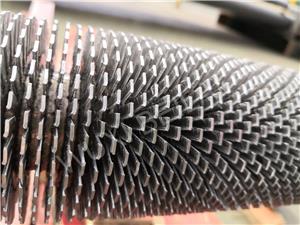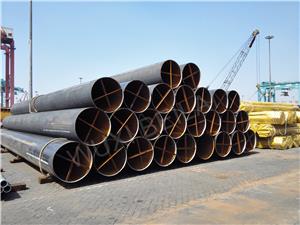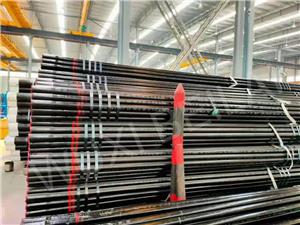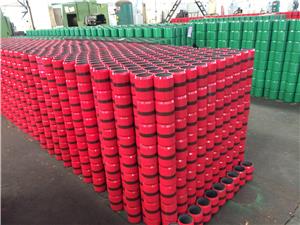The important role of turbine flaw detection in oil pipeline production
As global demand for energy continues to grow, transmission pipelines for energy such as oil and natural gas have become one of the indispensable infrastructures of modern society. However, since pipelines may be affected by various factors during manufacturing, transportation and use, such as corrosion, vibration, impact, etc., it is particularly important to ensure the safe operation of oil pipelines. In this context, turbine flaw detection technology, as an efficient and accurate non-destructive testing method, plays a vital role in oil pipeline production. This article will discuss the importance and role of turbine flaw detection technology in oil pipeline production.
1. Defect detection
Petroleum pipelines may be affected by various factors during the manufacturing, transportation and use processes, such as defects in the manufacturing process, vibration and impact during transportation, corrosion on the pipeline surface, etc. These factors may lead to various defects such as cracks, wear, and corrosion in the pipe wall. Turbine flaw detection technology can conduct comprehensive, non-destructive inspection of pipeline walls, promptly discover and locate defects in pipelines, and ensure that the quality of pipelines meets relevant standards and specifications.
2. Quality control
The quality of oil pipelines directly affects its safety and reliability. Turbine flaw detection technology can perform quality control during the pipeline manufacturing process to ensure that every part of the pipeline meets the design requirements. By conducting comprehensive turbine flaw detection on pipelines, quality defects during the manufacturing process can be effectively reduced and the overall quality level of the pipeline can be improved.
3. Security
Accidents during oil pipeline operation may cause serious casualties and environmental pollution. Therefore, pipeline safety is always a focus of the petroleum industry. Turbine flaw detection technology can help pipeline operators promptly discover potential problems inside the pipeline, such as cracks, corrosion, etc., so as to take corresponding repair measures to prevent pipeline accidents and ensure the safety of production facilities and personnel.
4. Preventive maintenance
Timely discovery and repair of defects in pipelines is of great significance to extending the service life of pipelines and reducing maintenance costs. Turbine flaw detection technology can help pipeline operators implement preventive maintenance plans, regularly inspect and maintain pipelines, repair defects in pipelines in a timely manner, and ensure long-term stable operation of pipelines.




